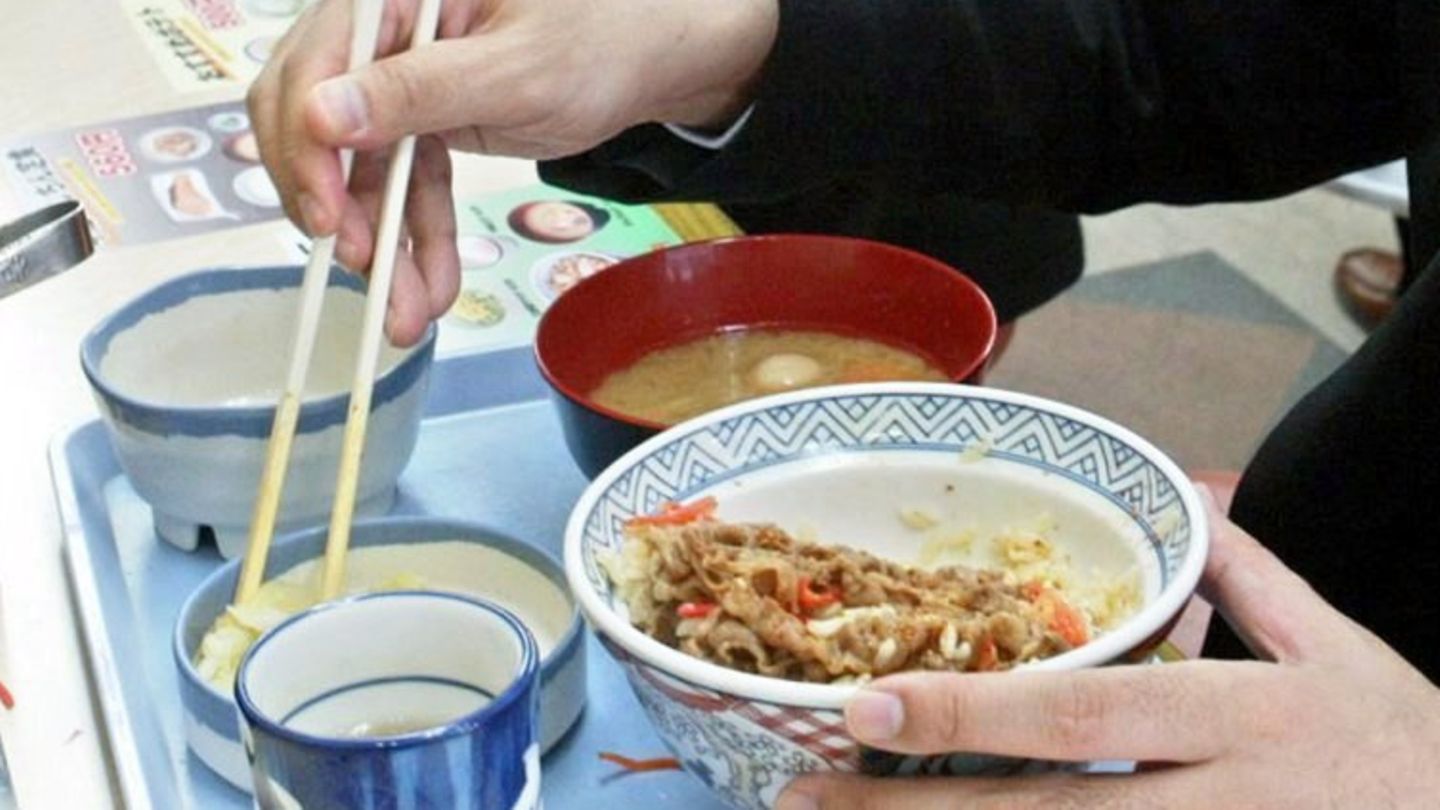Different countries, different customs – athletes at the Summer Olympics should also pay attention to this. Because the Japanese attach great importance to “reigi”, to etiquette.
Numerous faux pas lurk in Japan for the tens of thousands of Olympic participants from Germany and other countries around the world. Because for the Japanese, the observance of “reigi”, the etiquette, is very important. For example when eating: Never leave chopsticks stuck in the rice, never wave them around, point at something or someone or poke around in the food. Skewering something with chopsticks or laying them next to each other like a spoon is considered vulgar.
Anyone who violates the commandments is ashamed
Nor do you chew on the tips of the chopsticks. Licking them off is also improper. You should also try not to use the side of the chopsticks that you bring to your mouth from a shared bowl. Simply turn the chopsticks over. Rice receives special respect: the bowl of rice is held in the hand while eating, do not pour ketchup or soy sauce over it! Green tea is always drunk pure, neither milk nor sugar is added.
But etiquette in Japan extends to many other areas as well. This includes taking off your shoes when entering a house and not entering the toilet with the provided house slippers because there are slippers for your own. That you don’t hand over business cards with one hand, but with both hands. And that you don’t greet each other in passing, but stop.
Those who violate the commandments of good behavior do not blame themselves, but they feel ashamed. Shame, not guilt, governs social behavior in Japan. “Shitsurei shimashita”, in English “Please excuse”, literally means “I was without manners” and is used by the Japanese on the smallest of occasions and alleged violations of etiquette. Another excuse that the Olympic participants can hear more often is “Sumimasen”, which also means “Please forgive” – but can also mean “Thank you”.
I have been working in the news industry for over 6 years, first as a reporter and now as an editor. I have covered politics extensively, and my work has appeared in major newspapers and online news outlets around the world. In addition to my writing, I also contribute regularly to 24 Hours World.




